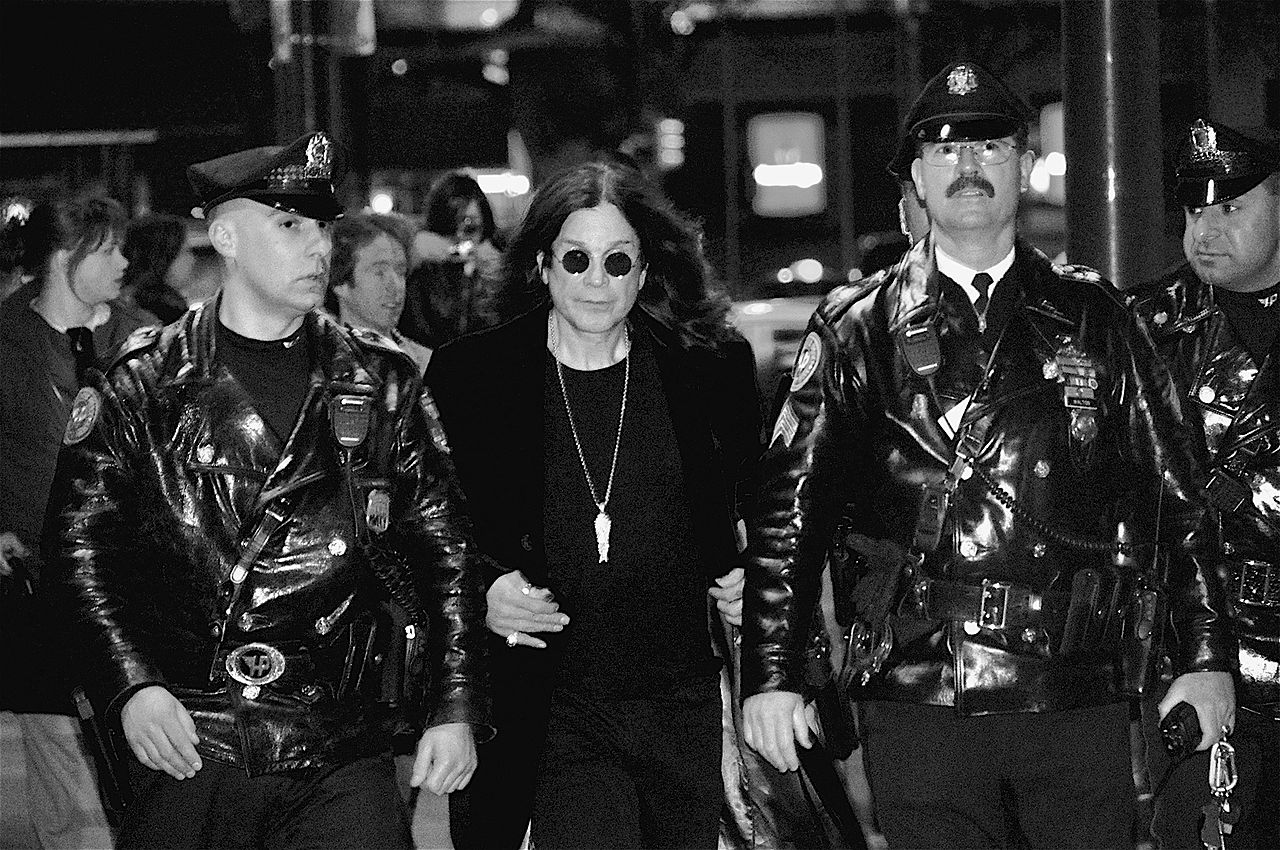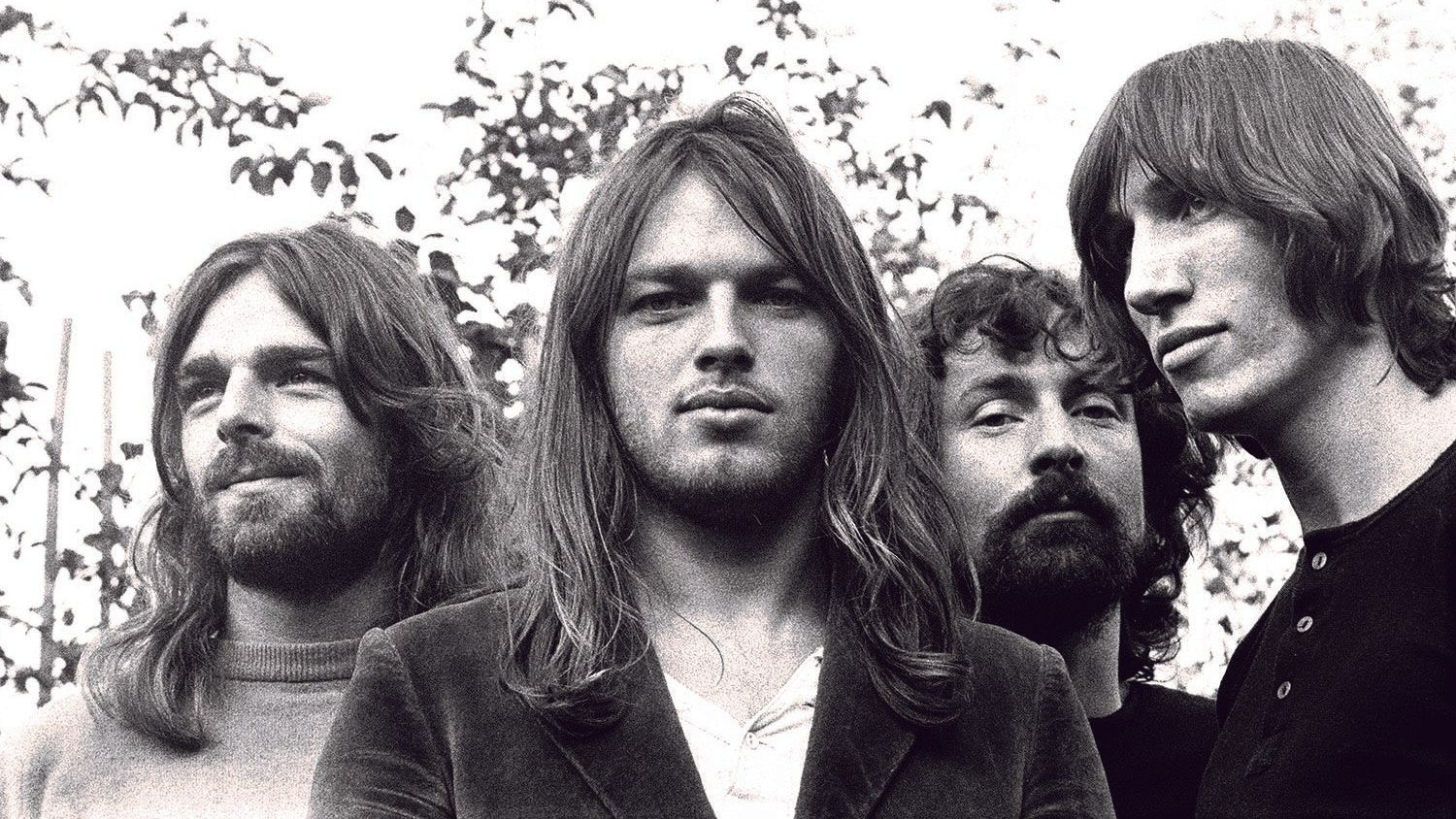
Music felt stale until the early 1970s rock explosion changed everything. Bands like Led Zeppelin and Deep Purple created sounds nobody had heard before. Their innovative approaches solved the problem of predictable, commercial music that lacked soul. These musical pioneers taught us that authentic expression matters more than following trends. Their legacy offers timeless lessons about creative risk-taking and artistic integrity.
Let’s look at ten titans who transformed music history and continue to influence today’s sound.
10. Deep Purple
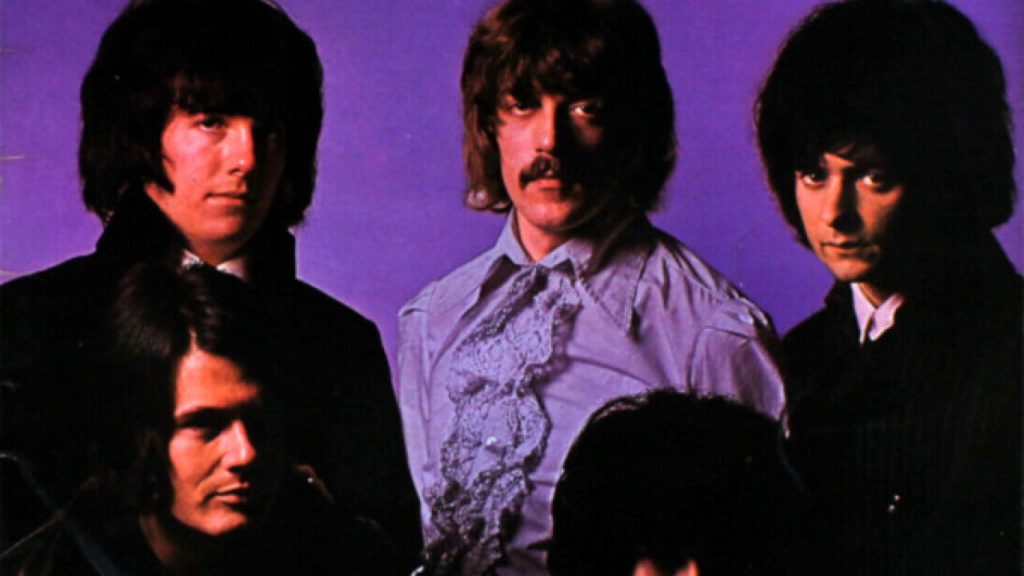
London-based Deep Purple revolutionized hard rock after their 1968 formation by combining Ritchie Blackmore’s scorching guitar work with Jon Lord’s classical-influenced organ playing and Ian Gillan’s powerful vocals. Their technical prowess produced global anthems like “Smoke on the Water,” featuring that instantly recognizable guitar riff that you’ve undoubtedly air-guitared at least once in your life. Through different lineup iterations—known as Mark I, II, and III—Deep Purple continuously evolved while maintaining their distinctive sound. Despite disbanding in the late 1970s, individual members shaped rock’s landscape through projects like Blackmore’s Rainbow, extending the band’s musical legacy beyond their initial run. The band recorded eight studio albums between 1968 and 1975, leaving behind finger-blistering solos that still make guitarists everywhere question their life choices.
9. Queen

Emerging from London’s fertile music scene in the early 1970s, Queen captivated global audiences largely through Freddie Mercury’s electrifying stage presence and remarkable vocal range. Their fusion of hard rock power with pop accessibility created complex yet universally appealing anthems that remain radio staples. Queen’s legendary live performances culminated in their historic Live Aid appearance, where Mercury demonstrated unparalleled crowd command. Musical boundaries meant nothing to the band as they explored everything from hard rock to vaudeville, operatic arrangements to funk grooves. Their 1975 single “Bohemian Rhapsody” broke convention with its six-minute length and operatic middle section – Mercury sent the rule book flying out the window, and millions of shower singers have been attempting those high notes ever since.
8. Black Sabbath
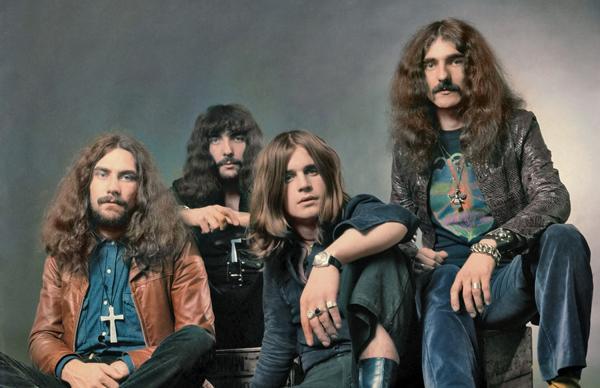
From Birmingham’s industrial heartland emerged Black Sabbath, forever altering music’s landscape with their groundbreaking 1970 self-titled debut. Tony Iommi’s downtuned guitar riffs, Geezer Butler’s rumbling bass, and Bill Ward’s thunderous drumming established sonic foundations that would define heavy metal for generations. Ozzy Osbourne’s distinctive vocals gave life to lyrics exploring darker themes than contemporary popular music dared approach—including occult references, war commentary, and social anxieties that resonated with disaffected youth. Every subsequent metal band owes a debt to Sabbath’s innovative approach, which created an entirely new musical vocabulary. Black Sabbath released six influential albums between 1970 and 1975, scaring parents and thrilling teenagers more than the muscle cars of the era.
7. The Who
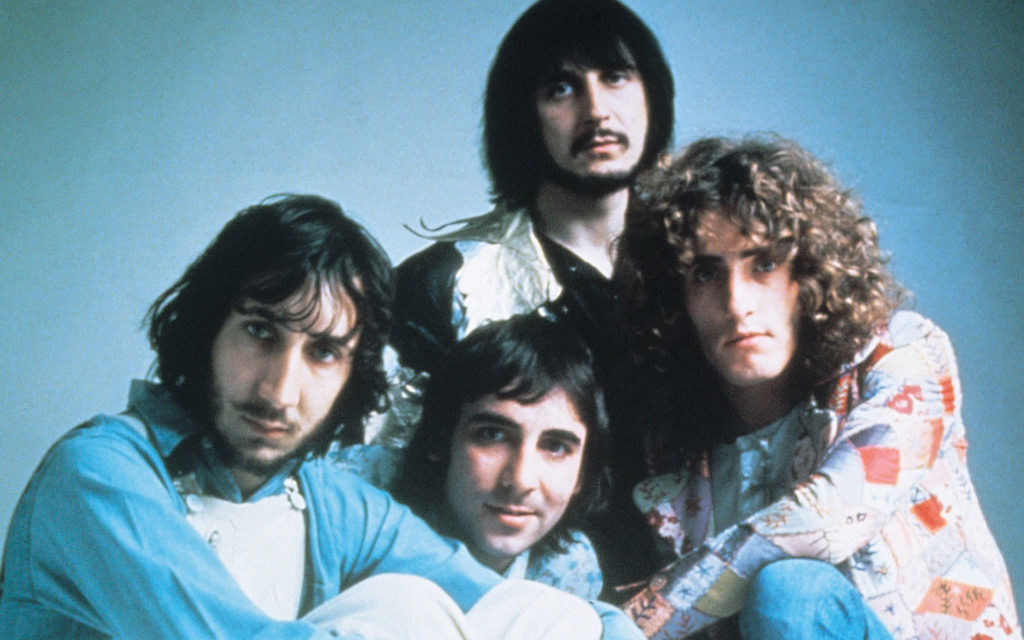
Entering the 1970s as seasoned performers, The Who reached unprecedented artistic heights during this decade, transforming from mod scene icons into rock opera innovators. Pete Townshend’s ambitious songwriting coupled with Keith Moon’s distinctive, explosive drumming fueled their reputation for electrifying performances at venues like Woodstock—if you’ve ever seen footage of Townshend’s windmill guitar technique, you understand their visual impact matched their sonic power. Groundbreaking concept albums “Tommy” and “Quadrophenia” pushed rock’s narrative potential, creating immersive stories that translated powerfully across different media. Internal tensions and creative volatility characterized the band throughout this period, yet they persevered through significant challenges. The tragic death of drummer Keith Moon in September 1978 silenced rock’s most gloriously unpredictable timekeeper, whose drum kit seemed held together by the same chaotic energy that fueled his playing.
6. The Eagles
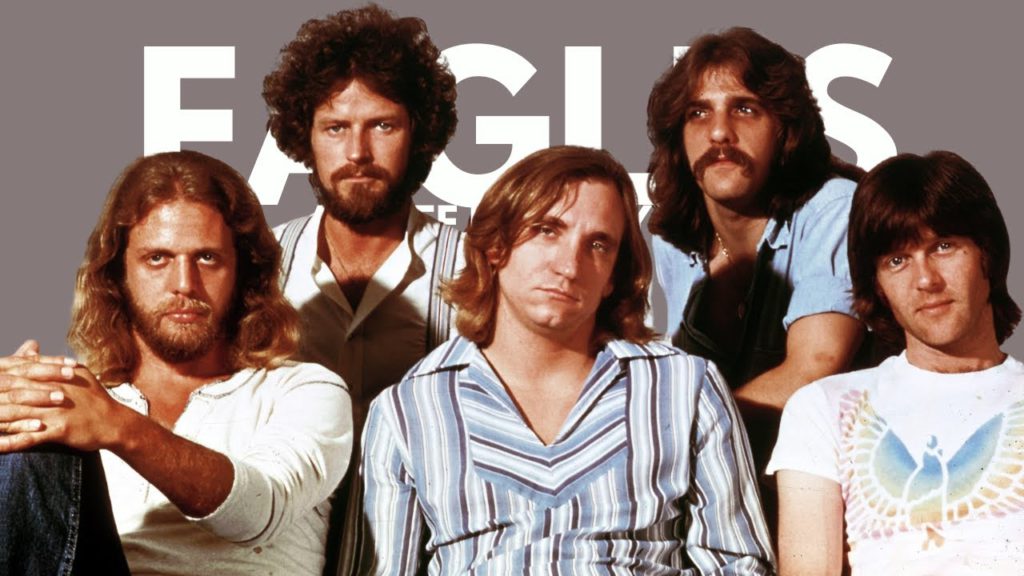
The quintessential California rock sound found its perfect expression when The Eagles formed in Los Angeles in 1971, blending rock sensibilities with country and folk influences under Don Henley and Glenn Frey’s creative direction. Their meticulously crafted songs captured American cultural themes, particularly evident in “Hotel California,” which transcended its status as merely a hit song. Between constant touring and studio perfectionism, the band built an extraordinary catalog of accessible yet sophisticated music that connected with diverse audiences. Their “Greatest Hits (1971-1975)” compilation has sold over 38 million copies in the United States alone, making it one of the best-selling albums in recording history. Turns out all that fighting in the studio was worth it.
5. Fleetwood Mac

Initially formed as a British blues outfit in 1967, Fleetwood Mac underwent a remarkable metamorphosis to become pop-rock giants by the mid-1970s. Stevie Nicks and Lindsey Buckingham’s 1975 addition brought new songwriting dimensions and distinctive vocal approaches that perfectly complemented the band’s established foundation. Their 1977 masterpiece “Rumours” translated internal romantic conflicts into unforgettable songs that dominated radio worldwide—you’ve probably found yourself humming “Go Your Own Way” during your own relationship struggles. Tracks like this and “Dreams” resonated with listeners through their emotional authenticity while demonstrating sophisticated arrangement techniques. “Rumours” sold over 10 million copies within its first year of release.
4. Pink Floyd
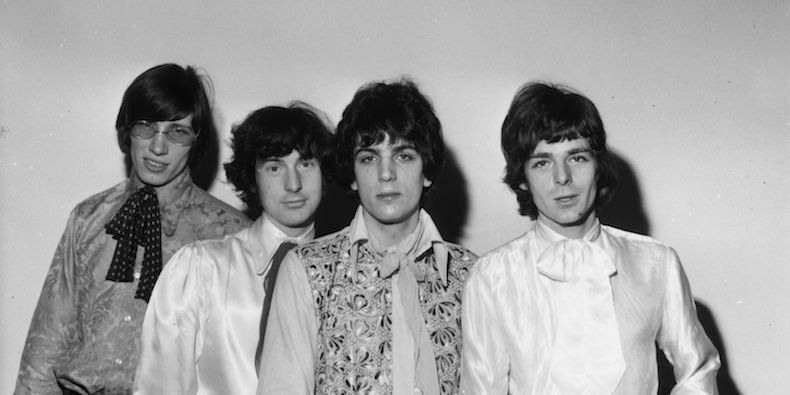
Psychedelic explorers turned progressive rock pioneers, Pink Floyd redefined rock music’s possibilities throughout the early 1970s by creating immersive sonic experiences that rewarded attentive listening. David Gilmour’s integration following Syd Barrett’s departure gradually aligned with Roger Waters’ expanding creative vision, leading to increasingly ambitious conceptual works that challenged conventional song structures. Their 1973 masterpiece “Dark Side of the Moon” transcended genre limitations to become a cultural phenomenon appealing even to listeners typically indifferent to progressive rock. Themes of mental illness, time’s passage, conflict, and materialism resonated with audiences seeking substantive musical experiences. “Dark Side of the Moon” remained on Billboard charts for 741 consecutive weeks – I’m pretty sure there are planets in our solar system that haven’t stuck around that long.
3. Led Zeppelin
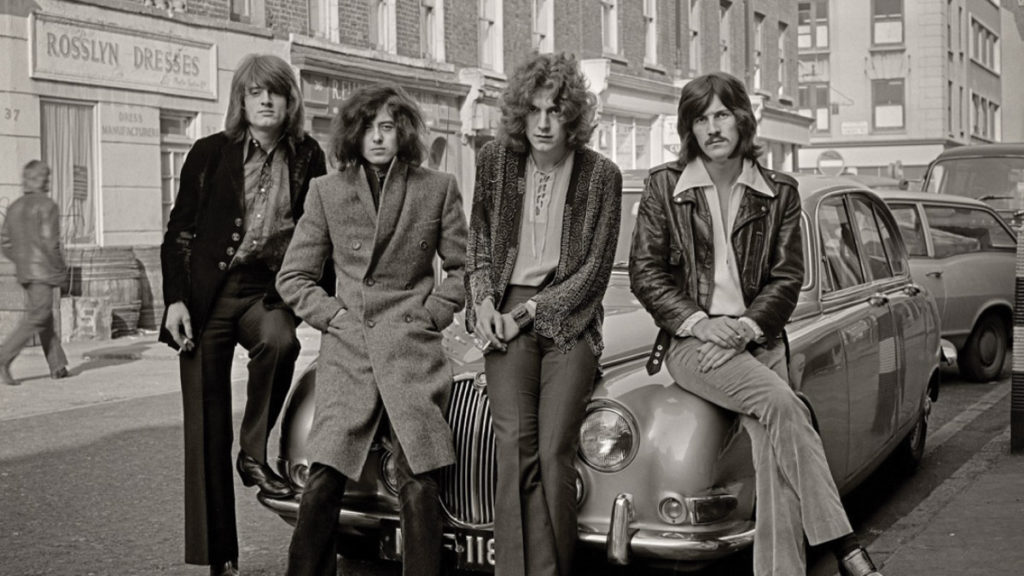
Hard rock found its definitive expression when Led Zeppelin formed in London in 1968, establishing a powerful blues-infused sound that dominated the early 1970s musical landscape. Jimmy Page’s virtuosic guitar work complemented Robert Plant’s dynamic vocals, while John Paul Jones’ melodic bass playing balanced John Bonham’s thunderous drumming to create an influential sonic template. Relentless touring and consistently excellent albums built a dedicated global following, with compositions like “Stairway to Heaven” becoming foundational texts in rock music’s cultural development—admit it, you still get goosebumps during that solo. Between 1969 and 1975, the band released six studio albums that progressively expanded their musical vocabulary beyond blues-rock foundations. Led Zeppelin sold approximately 200-300 million records worldwide, proving that Vikings with guitars and questionable occult interests could indeed conquer the modern world.
2. The Sex Pistols
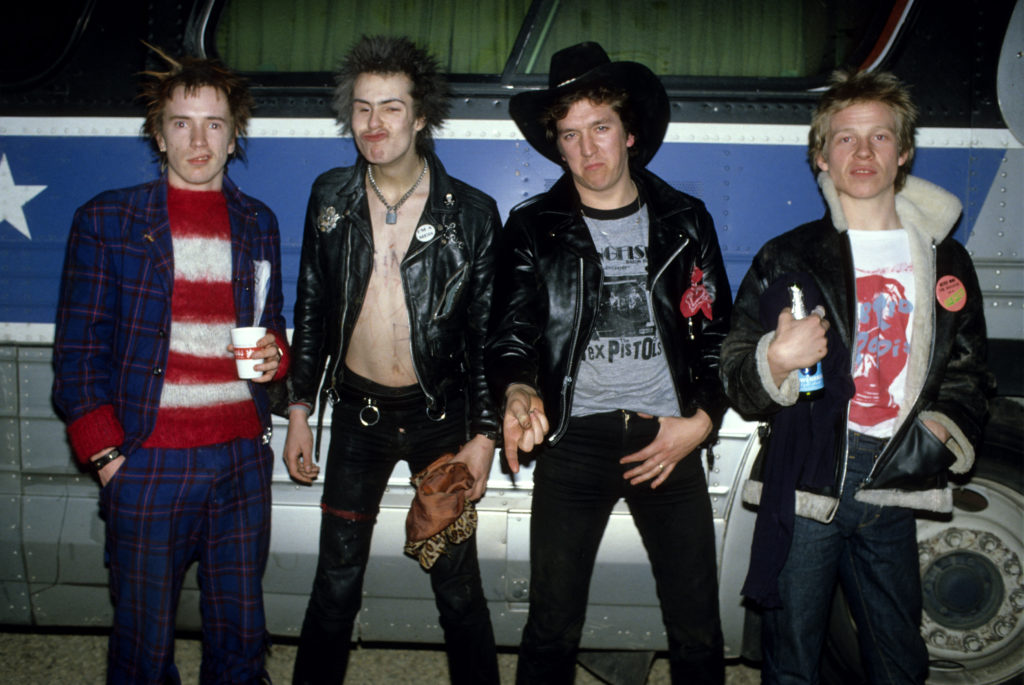
Appearing as deliberate counterpoints to established rock orthodoxy, The Sex Pistols catalyzed the punk movement in the mid-1970s through their provocative approach to music and performance. Manager Malcolm McLaren orchestrated their confrontational public image while Johnny Rotten’s distinctive vocals captured working-class frustration during Britain’s economic uncertainty. Their controversial 1977 single “God Save the Queen,” released during Silver Jubilee celebrations, directly challenged establishment values and became youth disaffection’s unofficial anthem. Despite their brief existence and limited recorded output, The Sex Pistols fundamentally altered popular music’s trajectory. Their lone studio album, “Never Mind the Bollocks, Here’s the Sex Pistols,” reached number one on UK charts despite being banned by major retailers – they burned briefly but left a permanent scar on the face of music history.
1. The Police

New Wave pioneers The Police emerged in 1977, skillfully fusing punk energy with reggae rhythms and sophisticated pop sensibilities to create a distinctive sound. Sting’s recognizable vocals and innovative songwriting propelled this British-American trio to critical acclaim and commercial success that few contemporaries achieved. Musical evolution characterized their trajectory, from early recordings’ raw energy to later works’ polished complexity, showcasing remarkable versatility and growing artistic ambition. Rather than simply borrowing reggae elements, The Police transformed these influences into something entirely original that expanded rock’s rhythmic vocabulary—next time you hear a rock band incorporating reggae upbeats, you’re witnessing their enduring influence. Their 1983 album “Synchronicity” topped US charts for 17 weeks before they called it quits at their peak – Sting probably figured if everyone was watching his every move, he might as well go solo.







